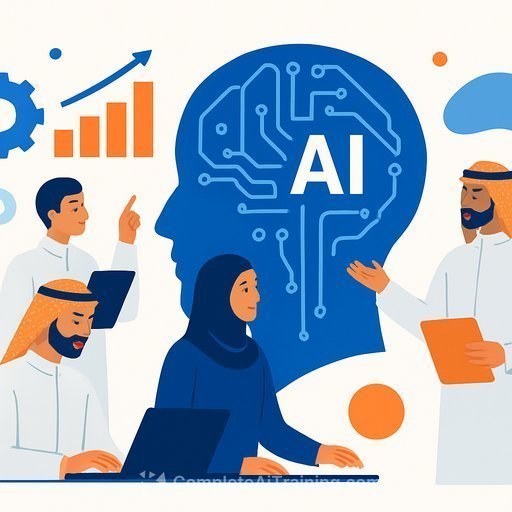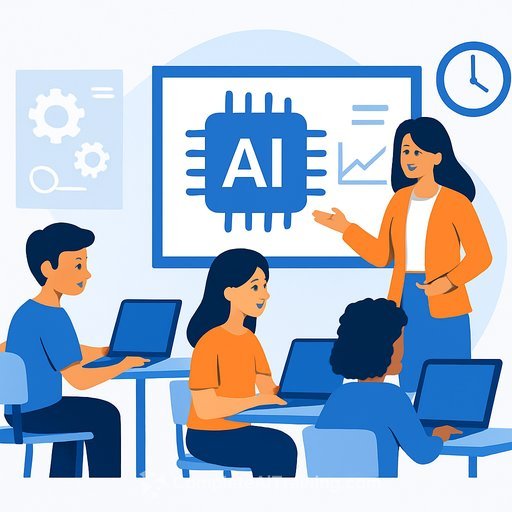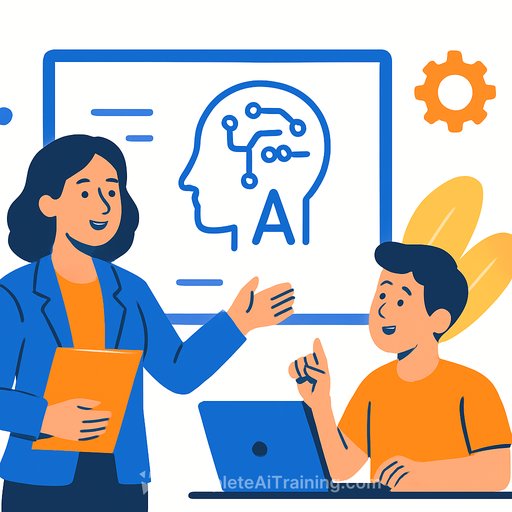Greece launches pilot AI training for secondary teachers
Greece is moving to bring artificial intelligence into real classroom practice, starting with a pilot that trains secondary school teachers to use AI responsibly and effectively. Led by the Ministry of Education with private tech partners, the programme focuses on practical use, not hype.
The pilot starts in December across 20 secondary schools. Teachers will get hands-on time with language models and generative AI, using them for lesson planning, feedback, personalised practice, and building students' critical digital literacy.
What the training covers
Workshops will show concrete classroom workflows: drafting lesson materials, creating differentiated activities, and building formative assessments with AI support. Just as important, teachers will learn to evaluate AI outputs, check for bias, and protect student data.
The Ministry frames this as part of a broader push to modernise schooling and prepare students for a digital future. The emphasis is on safe use, clear guardrails, and measurable impact.
Why this matters for educators
Students often adopt new tools fast. Without structured training, teachers can be left guessing about policy, privacy, and quality. This programme targets that gap with guided practice and ethics built in.
Teachers will learn where AI helps and where it shouldn't be used, how to keep human judgment in the loop, and how to build routines that save time without weakening student thinking.
Global context
Greece joins a growing wave of education systems testing AI in schools across Europe and North America. The approach blends international best practices with local curriculum needs and cultural context.
Sessions also address responsible use: reducing bias, avoiding over-reliance, and teaching students to question outputs instead of accepting them at face value.
Pilot timeline and evaluation
The pilot runs through the 2025-2026 school year. Teachers will share feedback on usability, engagement, and learning results.
Findings will guide possible expansion to more schools. If the model works, Greece could move to a structured, nationwide approach to AI literacy in secondary education.
What school leaders and teachers can do now
- Pick two high-value use cases to start: lesson drafting and formative feedback.
- Set clear rules for privacy, data storage, and AI disclosure in student work.
- Create simple review checklists for factual accuracy, bias, and tone.
- Schedule short PD sprints (60-90 minutes) with live classroom examples.
- Appoint an "AI lead" teacher to test tools and share what works.
Key points at a glance
- Greece launches pilot AI training for secondary teachers in 20 schools.
- Focus on practical classroom use: planning, personalisation, and digital literacy.
- Strong emphasis on ethics, data privacy, and critical thinking.
- Part of a wider strategy to modernise education.
- Results from 2025-2026 will guide potential nationwide rollout.
Useful resources
Further professional learning
If you're building your own AI skill stack, explore job-specific options here: Complete AI Training - Courses by Job.
Your membership also unlocks:





